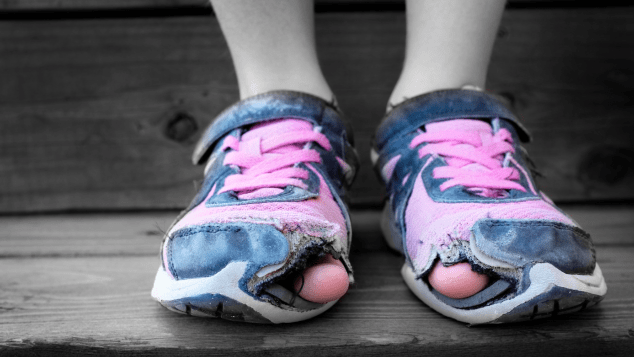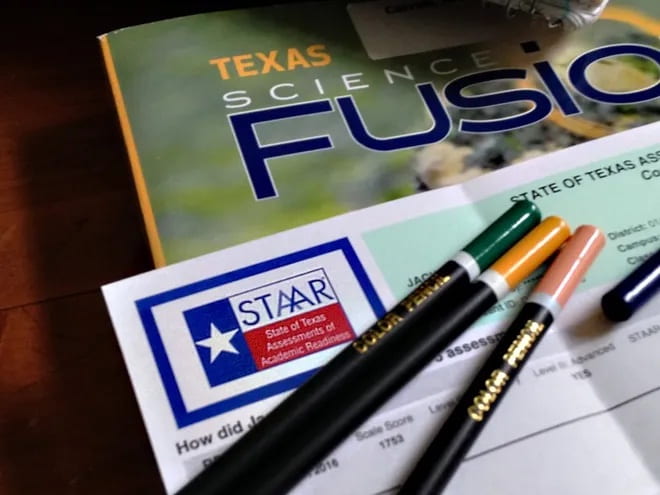Oct. 8, Richard Alm and co-author Michael Davis, both attached to the Cox School of Business at SMU Dallas, for a piece explaining why an apparent spike in child poverty rates reported in U.S. Census data was actually related to pandemic and post-pandemic adjustments in the child care tax credit. Published in The Hill under the heading There are 2 sides when it comes to extending the child care tax credit: https://tinyurl.com/6w5zexdv
When good economists meet for beers, they never argue about whether the pitcher is half empty or half full. That’s because they know that the same bit of data can often be described in different ways.
Consider the new Census data that showed the child poverty rate was 12.4 percent in 2022.
Shocking! Wasn’t 2022 at least an OK year for the economy? Wasn’t unemployment near record lows? Why can’t we keep kids from slipping into poverty?
Those are good questions. Child poverty is bad in the present and leaves long-term scars.
Continue reading “There are 2 sides when it comes to extending the child care tax credit”











